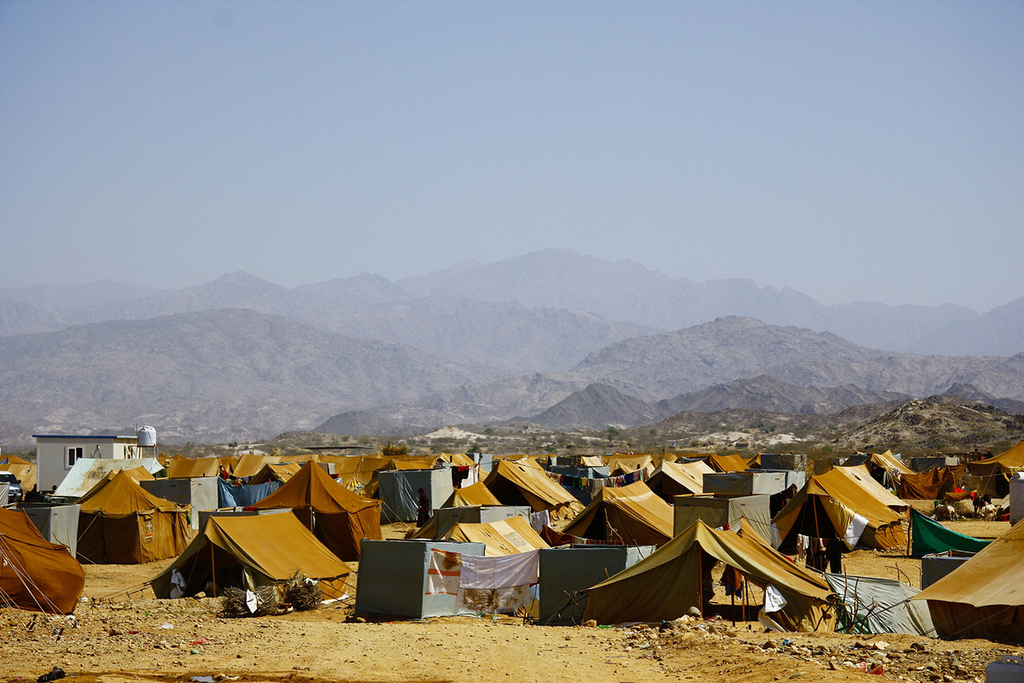Letter from La Vigie, dated 4 Jan 2023
Happy new year 2023 !

The second 21st century
The conjunction of the global pandemic and the war in Ukraine has tipped the world into a second 21st century with confusing contours. The unleashed conflictuality is now self-sustaining and the planet of 8 billion inhabitants no longer benefits from the regulators inherited from the 20th century which had allowed us to approach the end of the Cold War in relative safety. This dangerous shift into the strategic jungle seems irreversible. France must take this new strategic reality into account.
To read the article, click here
The words that trap
In strategy and international relations, words count. However, contemporary discourse constantly uses words that are based on past conceptions and that do not help to understand, and therefore to resolve, the conflicts of the moment: war, peace, the law of war, victory, territory, negotiation are the most striking examples.
To read the article, click here
Lorgnette: Benedict XVI, the last modern
The death of Joseph Ratzinger marks the end of an era. Here is a pope who will have been the last modern.
The progressive intellectual of the post-war period, an influential player in the Second Vatican Council, was gradually transformed into the rigorous guardian of a firm Catholic tradition. Elected Pope without having wanted to be, uncomfortable with the media, he chose the name Benedict in reference to Benedict XV and his attempts at peace during the First World War and to Saint Benedict, patron saint of Europe: a very European Pope, in the end, not very much in tune with the planetary world around him.
He is basically the last modern: he lent his pen to John Paul II for the 1988 encyclical Fides et ratio, which perfectly reflected his rational spirit. He was destabilised by the contemporary, post-modern world, where emotion and media hype predominate over the search for truth. This is why we will remember above all his “renunciation” of the papal state in 2013, leaving the chair of Peter to a successor more at ease with the new conditions of the moment. This intellectual was neither a full-fledged pastor nor a true man of power. A rare example of a man who reached the top without having sought it.
JOCVP
Subscribers: click directly on the links to read online or download the pdf issue (here), always with your login/password. New readers: read the article by issue, by clicking on each article (€2.5), or subscribe (discovery subscription €17, annual subscription €70, orga. subscription €300 excl. tax): here, the different options.
Photo credit : Thomas Hawk on Visualhunt


